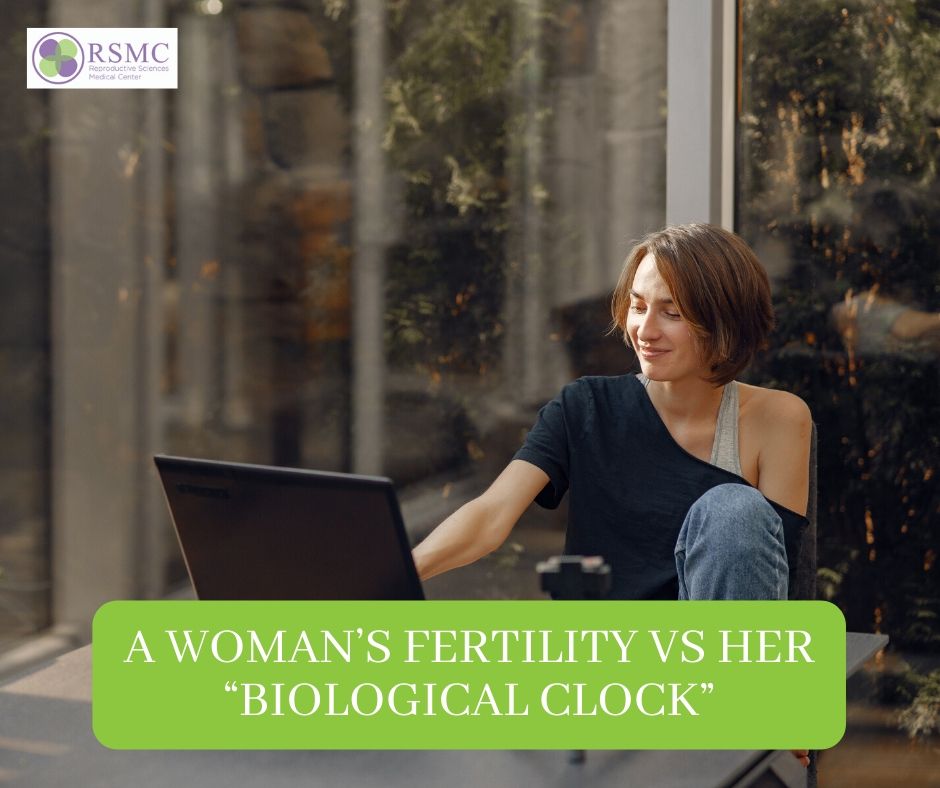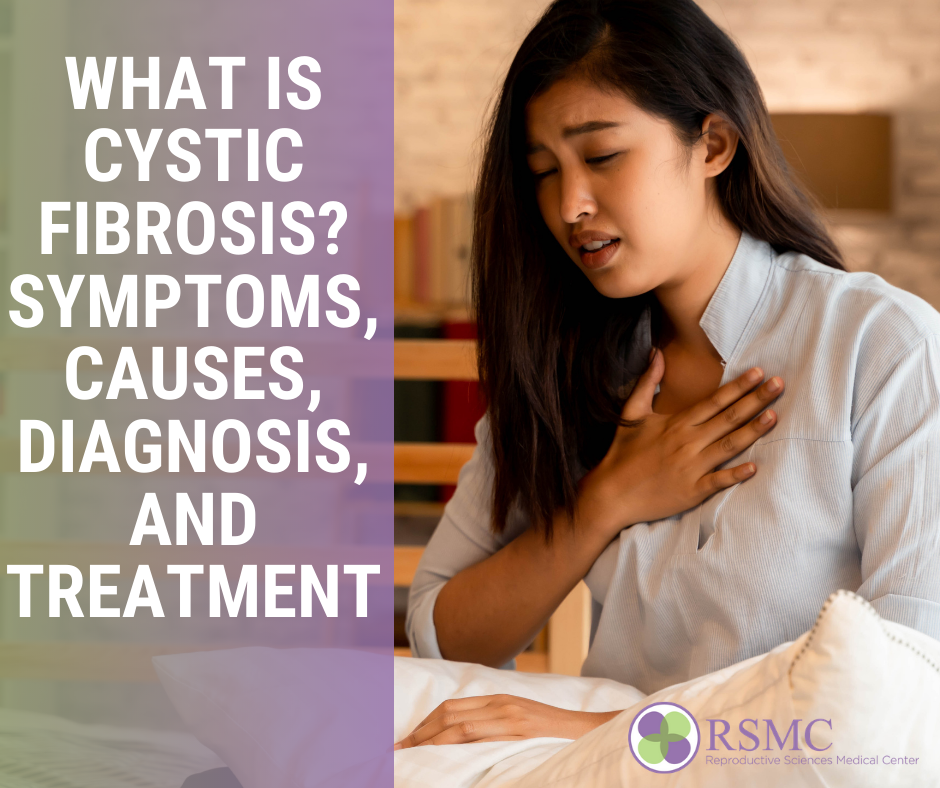Whether you are planning to have children or not, the chances are that you have heard about your “biological clock” before. The idea that women have a limited amount of time to conceive can be seen as an important aspect of conversations regarding women and infertility. In this article, we will break down the concepts of a biological clock and infertility, and how freezing your eggs can be a viable solution to preserve your fertility. We will also examine how information about your body can help you feel in control.
Although it may seem new, the concept of a biological clock has been with us for a long time. The phrase was first used by The Washington Post in a 1978 article titled, “The Clock Is Ticking for the Career Woman.” The author of the article is Richard Cohen. According to him, most women said that they could hear their biological clock ticking.
Ann Kirchheimer, a staff writer for the Boston Globe, also reported that the beneficiaries of the women’s movement, who chose independence, career, and travel instead of husband, baby, and home, are now older. And suddenly, the biological clock is ticking louder and louder for them.
All these news stories have increased the pressure a lot of women are feeling. The fear that time is running out is now influencing their decisions to have children.
First of all: What is a biological clock?
The biological clock is not just a metaphor related to fertility – it is actually real. The human body has natural internal rhythms and controls everyday functions, from sleep to metabolism. But instead of metal and cogs, the compositions of our biological clocks are proteins that send messages to the whole body. And humans are not the only one that has biological regulation. Other animals with similar mechanisms include mice, fruit flies, to mention a few.
Alice G. Walton, a health and science writer, discusses the concept of the natural rhythms of our biological clock in The Atlantic. He says that research has been showing that the body’s clock controls more than sleep and wakefulness. He says that other systems, such as hunger, mood, immunity, and mental alertness, also work on a daily rhythm.
The biological clock does not “stop” at age 35
There are a lot of myths circulating around that the “cutoff” age for fertility is 35 years. It is important to remember, much of society’s views on fertility and age are outdated.
According to an article published in The Atlantic, most of the information we have been relying on for fertility is from birth records dated 1670-1830. The report says that, for instance, the stats that 1 out of 3 women aged 35-39 will not get pregnant after a year of actively trying to do so is based on a 2014 article published in the journal Human Reproduction.
Of course, life in 1670 is not the same as life in 2020. However, these myths about a “cut off” age for fertility have refused to go away.
It is a misconception that the body’s clock stops at 35 years of age. However, sadly, it is true that delaying childbearing can make it harder to have children in later life. The older you get, the more your fertility declines. The reason is that women are born with all their eggs. And, their ovarian reserves (the number of eggs in the ovary) reduce little by little once they start ovulating. Moreover, the quality of the eggs decreases. A poor ovarian reserve is a biological reality. This is a reason why some women face difficulty in getting pregnant after 40 naturally. However, it is possible to monitor your fertility curve by checking your anti-Mullerian hormone levels. The anti-Mullerian hormone (AMH test) is the best predictor for ovarian reserve since it is the cells in the follicles that synthesize AMH.
Can you “pause” your biological clock by Freezing Your Eggs?
A lot of people consider new fertility technologies, such as egg freezing (cryopreservation), a way to “pause” the biological clock. Egg Freezing allows you to preserve your quality eggs from a younger age. So, Freezing Eggs can make it easier to get pregnant when you are older.
However, you need to note that freezing your eggs does not guarantee that you will have children in the future. It depends on how your body responds to IVF (in-vitro fertilization).
Age is not the only factor that impacts fertility.
Your ability to get pregnant and carry a pregnancy to term is not dependent on age alone. Your lifestyle and genes can also play a crucial role:
- Smoking: Vaping and smoking have both been linked to fertility issues
- Stress levels: High levels of stress can cause our body systems, including reproductive, to shut down.
- Body-fat percentage (BFP): Low or high percentages of BFP can destabilize your hormonal balance and affect ovulation.
- Genetic predisposition: There may be a history of premature menopause and certain conditions that affect ovulation in your family.
The takeaway: There’s more to fertility than the number of years you have lived.
Some people don’t feel the tick-tocks of a biological clock.
There are many women who never have the urge to have kids. Some find the very idea of a ticking biological clock insulting. For them, a biological need to have children suggests that the sole role of women in society is to bear children. So if you don’t feel an internal pressure to have kids, you are not alone. Maybe, it’s just that you have focused on other aspects of your life, or your biological clock is not speaking to you.
However, if you feel pressure to have a child by a certain age…
If you are feeling the pressure of a “biological clock” and worrying that you are running out of time, you need to stop and think about all the factors at play.
Catherine Aponte, a clinical psychologist and an adjunct professor at Spalding University, wrote an article that published in Psychology Today. It says that people should be cautious of metaphors, such as “the biological clock.” She reminds her readers that a lot of women do have children in their forties. She also said that concentrating on time constraints of a biological clock could do more harm than good by forcing you into parenthood when you are not ready. Therefore, if you are feeling pressure to get pregnant, make sure you decide based on your own body and your own life, and not others’ expectations.
When making plans for the future or Egg Freezing, you need information.
If you are wondering about your biological timeline and fertility in the future, the best thing to do is to arm yourself with information. A simple blood test can tell you more about your hormones and fertility. Knowing the levels of these hormones will give a good idea of your fertility timeline. This test is known as an AMH test. If you are interested in an AMH test or have any further questions regarding your “biological clock,” your fertility, or Egg Freezing, please contact RSMC to schedule a consultation. You can also visit us at www.fertile.com.
Table of Contents
- First of all: What is a biological clock?
- The biological clock does not “stop” at age 35
- Can you “pause” your biological clock by Freezing Your Eggs?
- Age is not the only factor that impacts fertility.
- Some people don’t feel the tick-tocks of a biological clock.
- However, if you feel pressure to have a child by a certain age…
- When making plans for the future or Egg Freezing, you need information.























